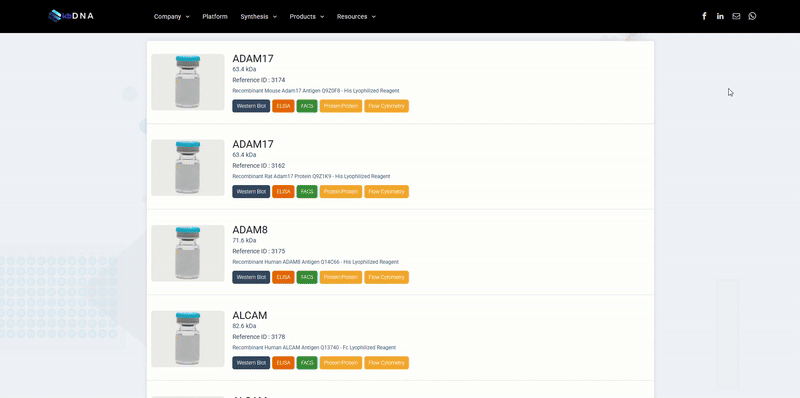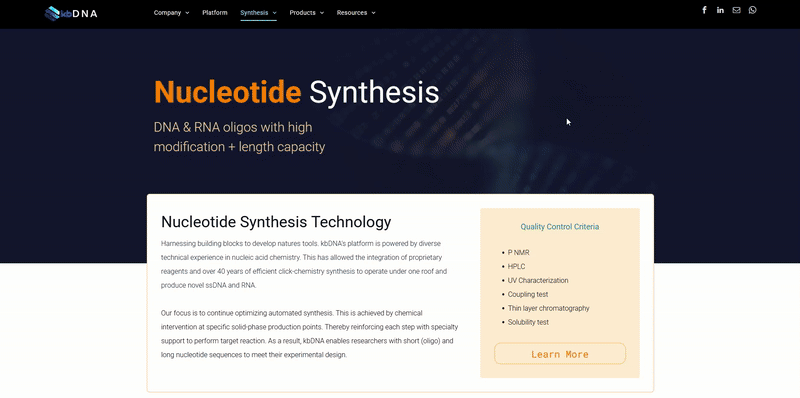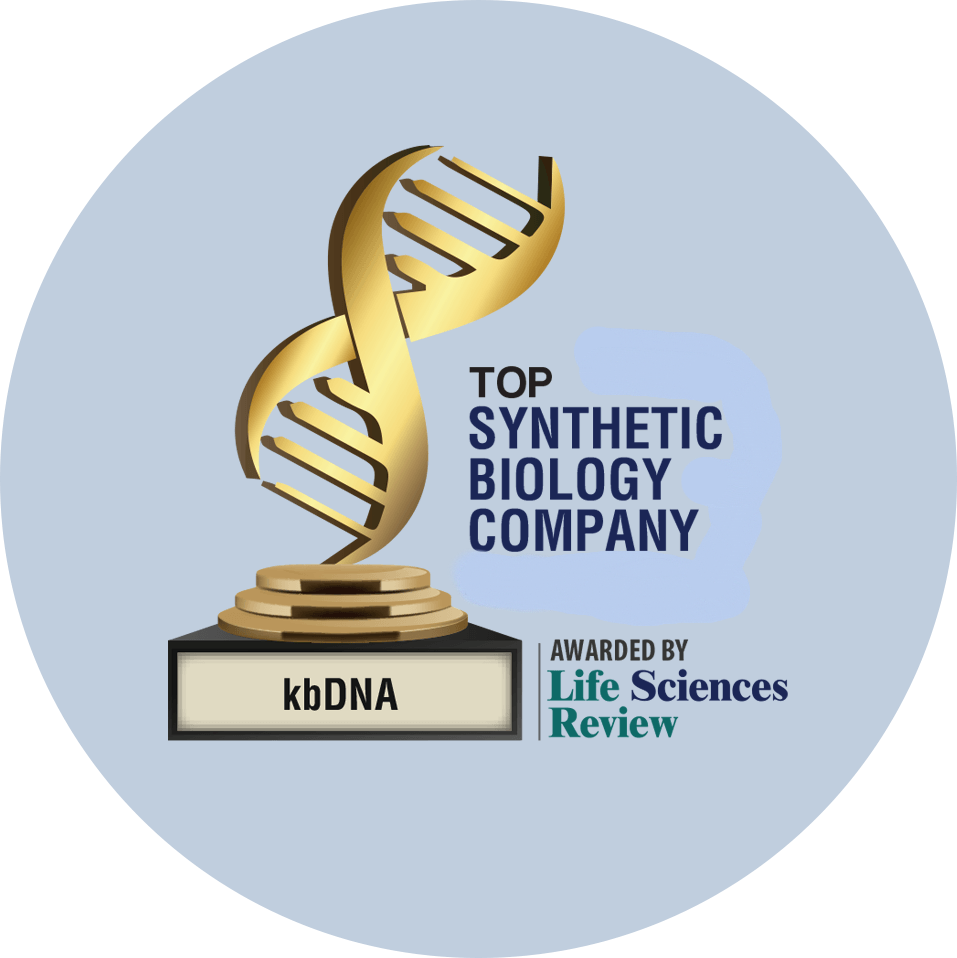CD40 Ligand
Recombinant ID:
3761
Request Datasheet
Gene of Interest
Gene Synonyms:
Protein Names:
Accession Data
Organism:
Homo sapiens (Human)
Mass (kDa):
29274
Length (aa):
261
Sequence:
MIETYNQTSPRSAATGLPISMKIFMYLLTVFLITQMIGSALFAVYLHRRLDKIEDERNLHEDFVFMKTIQRCNTGERSLSLLNCEEIKSQFEGFVKDIMLNKEETKKENSFEMQKGDQNPQIAAHVISEASSKTTSVLQWAEKGYYTMSNNLVTLENGKQLTVKRQGLYYIYAQVTFCSNREASSQAPFIASLCLKSPGRFERILLRAANTHSSAKPCGQQSIHLGGVFELQPGASVFVNVTDPSQVSHGTGFTSFGLLKL
Proteomics (Proteome ID):
CD40 ligand (CD40-L) (T-cell antigen Gp39) (TNF-related activation protein) (TRAP) (Tumor necrosis factor ligand superfamily member 5) (CD antigen CD154) [Cleaved into: CD40 ligand, membrane form; CD40 ligand, soluble form]
Proteomics (Chromosome):
UP000005640
Mass Spectrometry:
N/A
Function [CC]:
Cytokine that binds to CD40/TNFRSF5 (PubMed:1280226). Costimulates T-cell proliferation and cytokine production. Its cross-linking on T-cells generates a costimulatory signal which enhances the production of IL4 and IL10 in conjunction with the TCR/CD3 ligation and CD28 costimulation (PubMed:8617933). Induces the activation of NF-kappa-B and kinases MAPK8 and PAK2 in T-cells. Induces tyrosine phosphorylation of isoform 3 of CD28 (PubMed:15067037). Mediates B-cell proliferation in the absence of co-stimulus as well as IgE production in the presence of IL4. Involved in immunoglobulin class switching (By similarity). {ECO:0000250|UniProtKB:P27548, ECO:0000269|PubMed:1280226, ECO:0000269|PubMed:15067037, ECO:0000269|PubMed:8617933}.; Release of soluble CD40L from platelets is partially regulated by GP IIb/IIIa, actin polymerization, and a matrix metalloproteinases (MMP) inhibitor-sensitive pathway. {ECO:0000269|PubMed:15193700}.
Metal Binding:
N/A
Site:
SITE 112 113 Cleavage.
Tissue Specificity:
Specifically expressed on activated CD4+ T-lymphocytes.
Disease:
Immunodeficiency with hyper-IgM, type 1 (HIGM1) [MIM:308230]: Immunoglobulin isotype switch defect characterized by elevated concentrations of serum IgM and decreased amounts of all other isotypes. Affected males present at an early age (usually within the first year of life) recurrent bacterial and opportunistic infections, including Pneumocystis carinii pneumonia and intractable diarrhea due to cryptosporidium infection. Despite substitution treatment with intravenous immunoglobulin, the overall prognosis is rather poor, with a death rate of about 10% before adolescence. {ECO:0000269|PubMed:26545377, ECO:0000269|PubMed:7532185, ECO:0000269|PubMed:7678782, ECO:0000269|PubMed:7679206, ECO:0000269|PubMed:7679801, ECO:0000269|PubMed:7717401, ECO:0000269|PubMed:8094231, ECO:0000269|PubMed:8550833, ECO:0000269|PubMed:8889581, ECO:0000269|PubMed:9150729, ECO:0000269|PubMed:9746782}. Note=The disease is caused by mutations affecting the gene represented in this entry.
Mutagenesis:
N/A
Reagent Data
Name:
CD40 ligand (CD40-L) (T-cell antigen Gp39) (TNF-related activation protein) (TRAP) (Tumor necrosis factor ligand superfamily member 5) (CD antigen CD154) [Cleaved into: CD40 ligand, membrane form; CD40 ligand, soluble form]
Class:
Subcategory:
Recombinant
Molecular Weight:
Source:
Species:
Human
Amino Acid Sequence:
Tag:
Format:
Lyophilized
Formulation:
Sterile-filtered colorless solution
Formulation Concentration:
1mg/ml
Buffer Volume:
Standard
Buffer Solution:
PBS
pH:
7.4-7.5
Stabilizers
NaCl:
Null
Metal Chelating Agents
EDTA:
Null
Purity:
> 98%
Determined:
SDS-PAGE
Stained:
Inquire
Validated:
RP-HPLC
Sample Handling
Storage:
-20°C
Stability:
This bioreagent is stable at 4°C (short-term) and -70°C(long-term). After reconstitution, sample may be stored at 4°C for 2-7 days and below -18°C for future use.
Preparation:
Reconstitute in sterile distilled H2O to no less than 100ug/ml; dilute reconstituted stock further in other aqueous solutions if needed. Please review COA for lot-specific instructions. Final measurements should be determined by the end-user for optimal performance.












